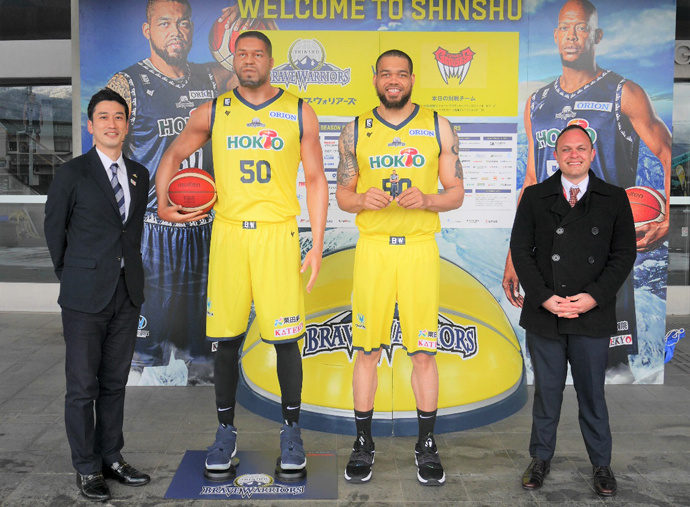
PT. MIMAKI INDONESIA

Case Study
Challenges
Improvements
Need a printer that female designer can easily use
"JV330-130" was introduced. The "media changer," which can simultaneously load media used daily and special media used occasionally, has made it easier for a single woman to change media, reducing the operator's time and effort.
Product installed
Challenges
Improvements
Equally achieving high productivity and high-definition output for large-volume orders. Orderly decommissioning and replacing older equipment with new ones.
Enjoying more satisfaction with increased productivity and better image quality. Nishimatsu-tent ventures into fabric field.
Product installed
Collaboration
Efforts of Mimaki
Collaboration between The University of Florence and Mimaki’s Italian importer Bompan results in a milestone for anatomical study.
The full-color “3DUJ-553” 3D printer was used to reproduce a 3D scanned human heart with high color accuracy.
Product used
Challenges
Improvements
Low color accuracy, fragile parts, and time intensive post processing produced less than desirable results with powder based full-color 3D printing.
The full-color 3DUJ-553 creates robust anatomical models with realistic color reproduction that are easy to post process.
Product installed
Challenges
Improvements
When necessary, the Creative Design and Additive Manufacturing Lab at the University of Auckland added color to 3D prints by hand due to the lack of vibrant colors and affordability in full-color 3D printers.
The Mimaki 3DUJ-553 full-color 3D printer now allows the Lab to print in 10-million colors at a running cost affordable to the university.
Product installed
Challenges
Improvements
Considering the possibility of administering original printing to the leather for their products, DAIDOHBAGS was worried by the delivery time and cost of the material, since the only means available to the company at the time was to outsource the work.
With the introduction of "UJF-6042MkII e" UV printer, the company acquired the capability to provide the original leather prints in-house, solving the problems of delivery time and cost. DAIDOHBAGS now plans to start marketing products under their own brand.
Product installed
Challenges
Improvements
Company seeking for new avenues of business development as a "printing company doing more than just paper work."
NAKAGAWA KAMISO INC. newly introduced the UV printer "UJF-7151 plusII," capable of printing high definition granularity-free images on diverse materials. The company is in active pursuit of new scenes of activity in the field of art panels and magnets in addition to the conventional package design business.
Product installed
Challenges
Improvements
The Team was seeking for large-format machines capable of high speed output as the maintenance period of the previous "M-64s" was drawing to a close.
"JV330-130" was then introduced, and the machine is operating without problems ever since. The printer, with its high quality, stability, and speed in general output mode, has successfully replaced the "M-64s".
Product installed
Challenges
Improvements
Since the company's main clientele is private customers, they were looking for machines that could work efficiently to handle high-mix, small-lot production.
The company introduced the "TS100-1600" sublimation transfer printer and the "CJV300-160 Plus" print & cut machine. In addition to stable operation, the ID cut function of the print & cut machine has improved work efficiency.
Product installed
3D printer to support local Nagano sport teams! Created 3D printed objects with a large 3D printer
Collaboration
Efforts of Mimaki
3D printer to support local Nagano sport teams!
Using the 3DGD-1800, a large 3D printer, we produced and presented Shinshu Brave Warriors "Life-size figure of Wayne Marshall" and AC Nagano Parceiro "Ball stand".









